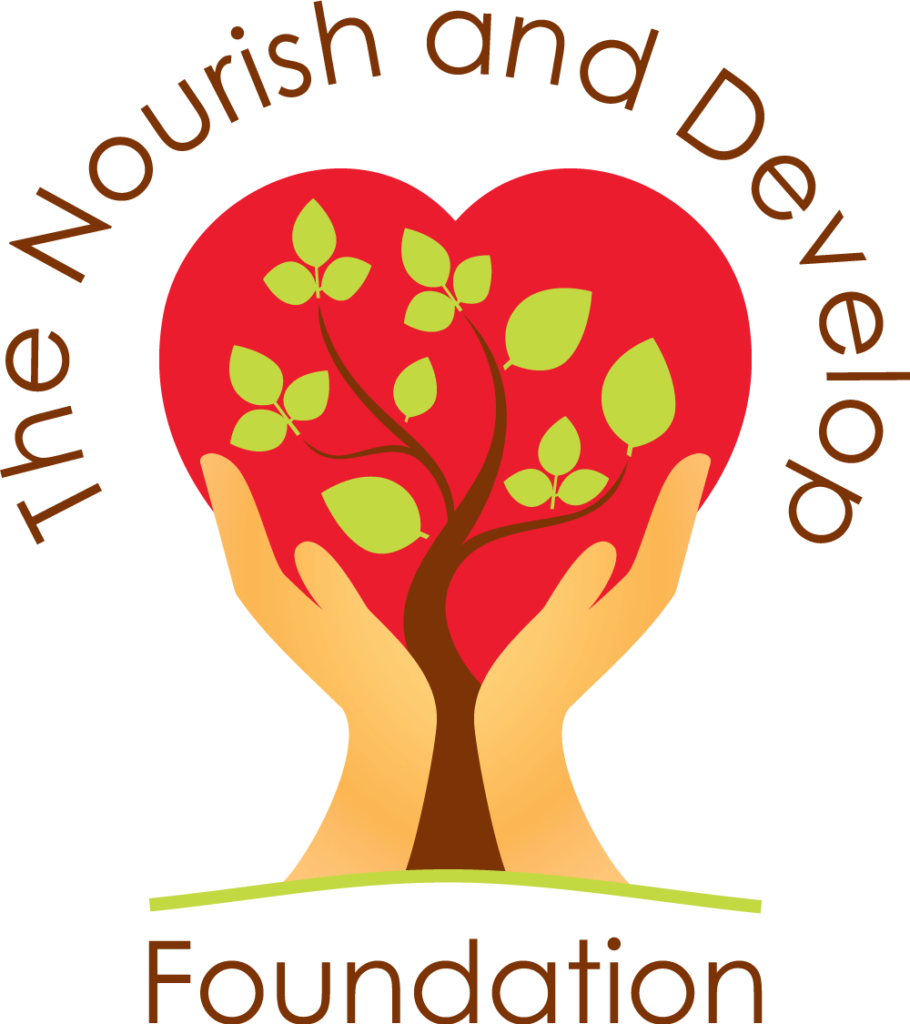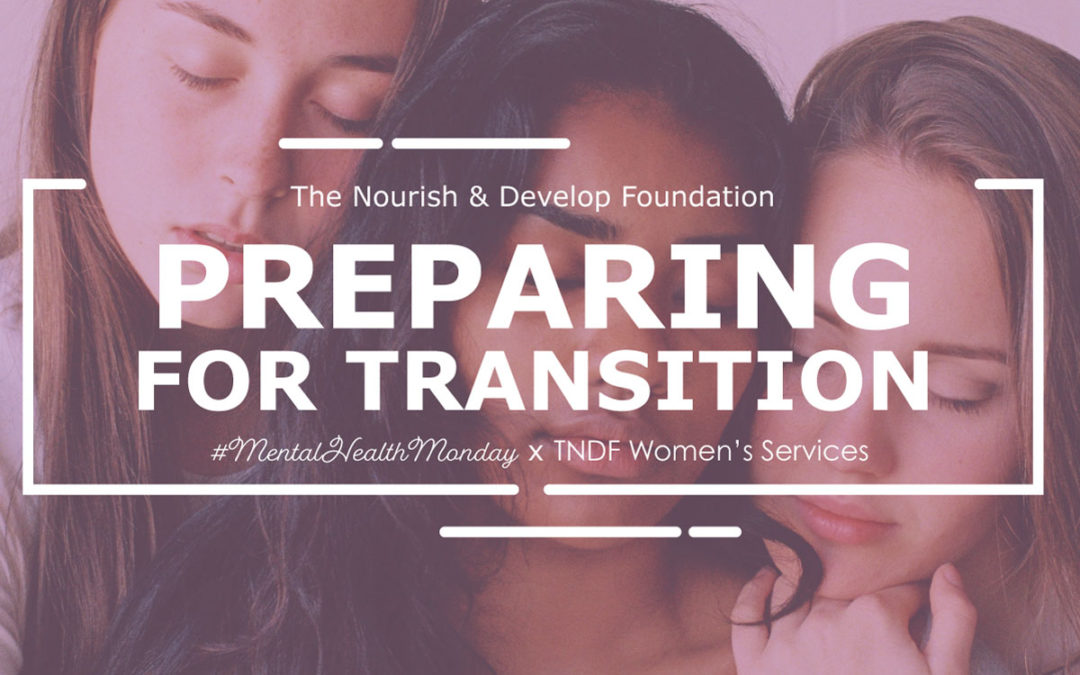This past weekend we welcomed spring,
a time of transition and a season for new beginnings. The movement of spring is outward, which may present us with several different directions to take. We are naturally inclined to incorporate change into our lives at this time of year, but sometimes it is a matter of what do we want? How do we get there? If you are working through a problem, facing uncertainty, or struggling to make a decision it can feel:
- Overwhelming
- Exhausting
- Confusing
- Frustrating
- Stressful
- Useless
- Restless
For women experiencing abuse, some questions they are facing may include:
- Where do I go if I leave?
- How will I support myself and my kids?
- How do I organize my finances?
- Do I stay or do I leave?
- Who can I rely on?
But they do not need to make these decisions alone. While the choice is theirs, support is available to help navigate the process.
- Consider whether or not your situation just needs a few adjustments and whether counseling or therapy could potentially make the situation better.
- Write down all the things that are bothering you, however big or little. Recognizing and acknowledging what is causing you trouble is already half the battle!
- Write out what you do know for certain.
“I know that I am not in a healthy relationship….”
“I know that I want to feel good about the work I am doing….”
then you will have an idea of where you want to go. - Begin to make the changes you know you can comfortably make. If you need to change employment, consider updating your resume and sending it out to potential employers. Maybe you could benefit from retraining? There are lots of programs available to help people change careers. If you are in a relationship that is unhealthy, consider why the relationship is not going well and whether talking to your partner or getting counseling could help repair the relationship.
- Talk to someone with experience, who can help. Calling a women’s shelter does not mean you have to go and stay in the shelter. Shelters have outreach services that can provide wrap-around support to women who need to leave an abusive relationship.
- Gather any legal documents such as tax forms, mortgage and property information, marriage certificate any other documents that you may need to separate from your partner in the event they are uncooperative. If you cannot take the originals without them being noticed, make copies by taking photos of the documents. If you don’t have a phone with a camera, a local social service organization or church may help with this.
- Make sure you have original documents such as passports, birth certificates, health cards and driver’s license for you and your children.
- Make a safety plan. Secure a place for you and your children to go in an emergency, that your partner will not think of to look for you. Have your personal items ready to go. Take just what you need for a few nights stay and items that are irreplaceable such as family photos, keepsakes and items to comfort your children. Stash these items where your partner won’t find them or at a friend’s house.
- Practice your escape plan with your children so they know what to do when the time comes to leave.
local resources
Seeking out advice and options from a neutral third party can alleviate some of the stress associated with the weight of a big decision and offers realistic, tangible options to get there. Talking about your situation can bring clarity and help to come up with ideas or solutions that can set you on a better path. It may help to determine whether you are restless and need to make a few smaller changes or whether you are truly unhappy and need to make some big changes.
Employment Services
Durham College Community Employment Services
(905) 852-7848
(905) 725-0087
Food Access
(705) 426-1771 (Beaverton)
(705) 955-9130 (Sunderland)
The Nourish and Develop Foundation
(705) 432-2444
Housing Supports
Community Living Durham North (Community Homelessness Prevention Initiative)
(905) 985-8511
(705) 432-8654
Legal Services
Community Hub Family Law Legal Clinic
(905) 738-7321
(905) 738-7321
Mental Health Supports
Community Care Durham (Creating Opportunities for Personal Excellence)
(905) 668-6223 ext. 613
(905) 430-2522
(905) 666-6240 (press 1 for intake)
At any given moment
you have the power to
say this is not how the
story is going to end.
– Christine Mason Miller



